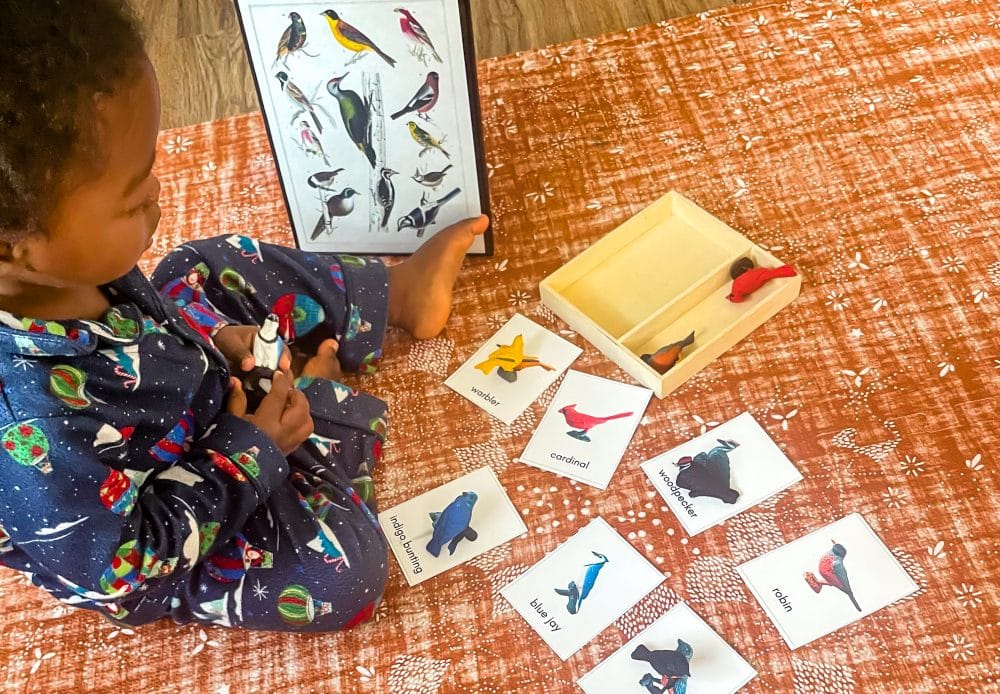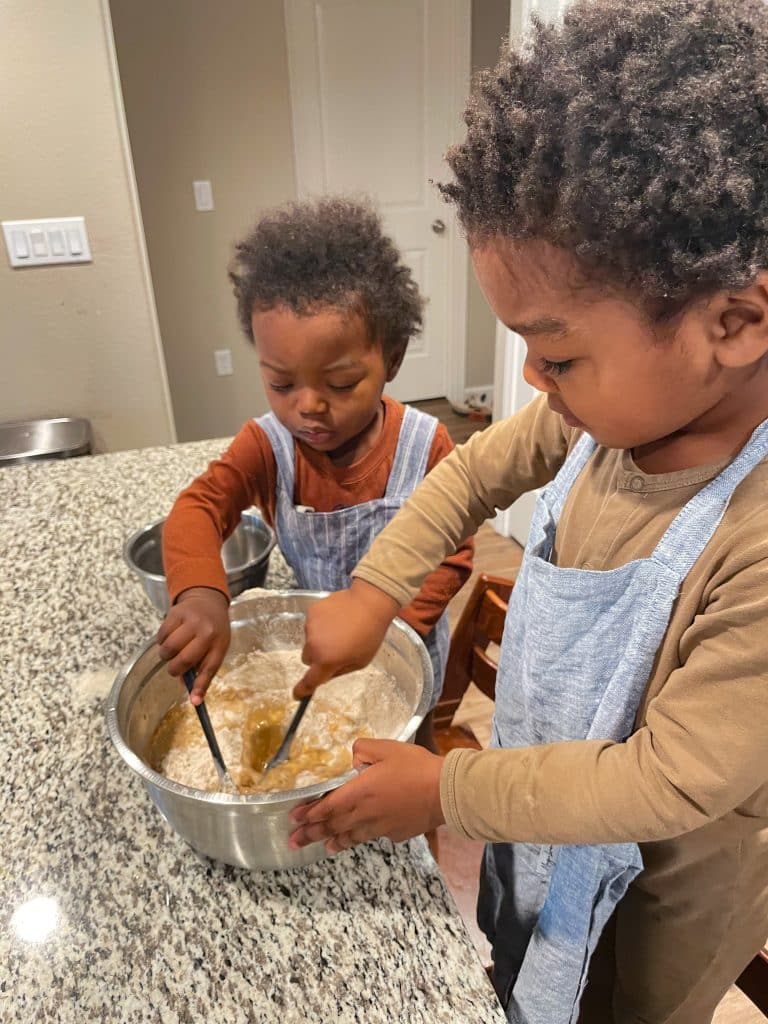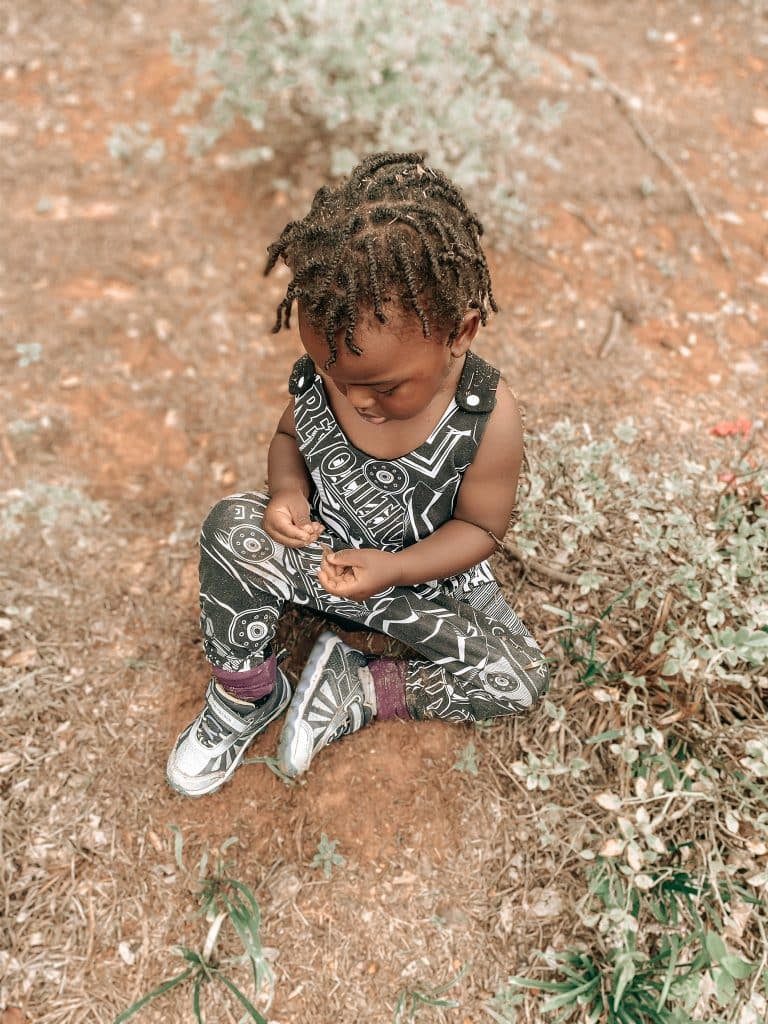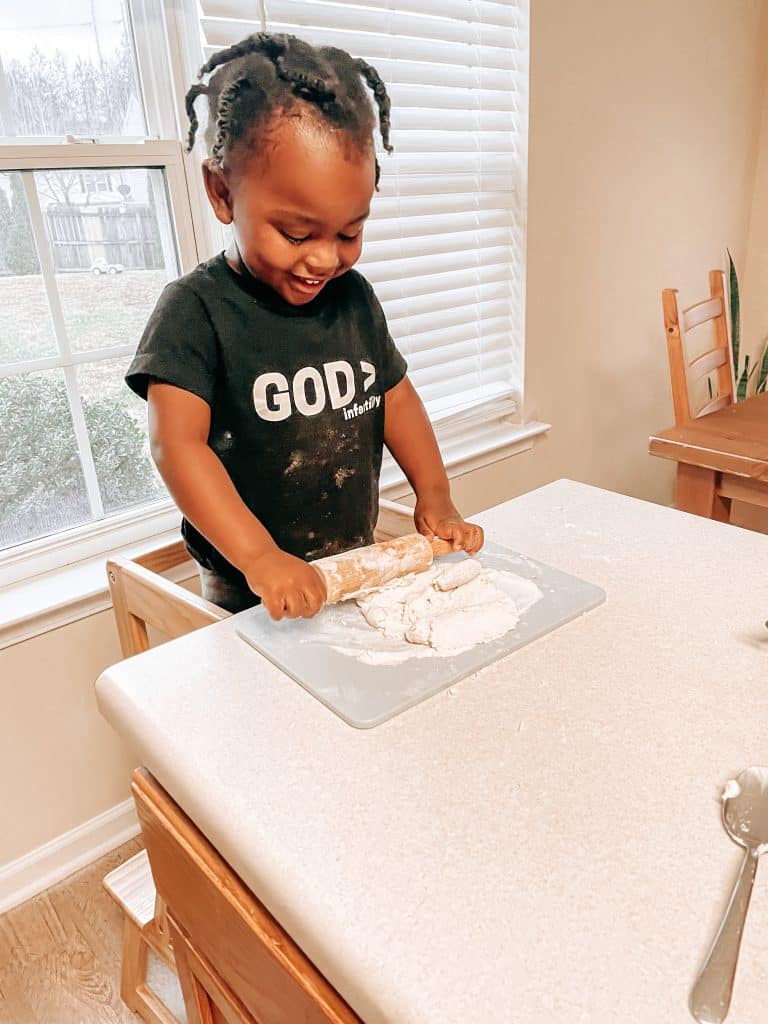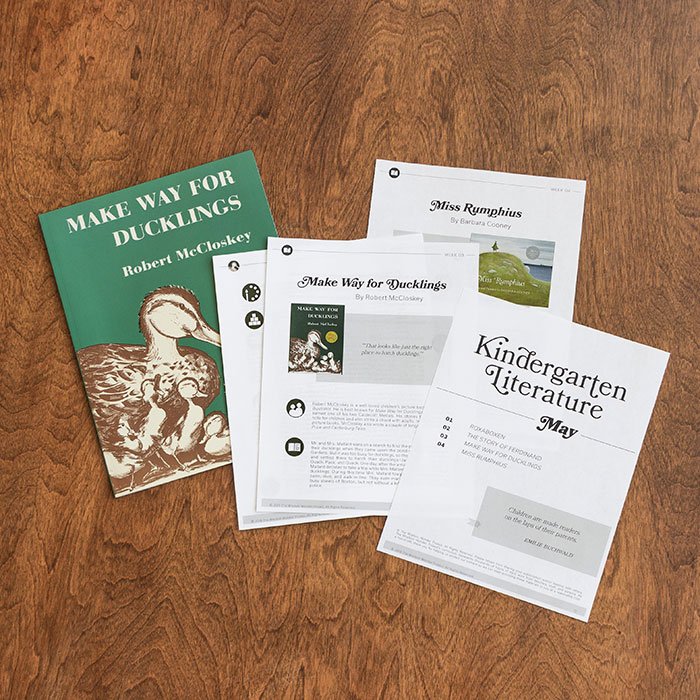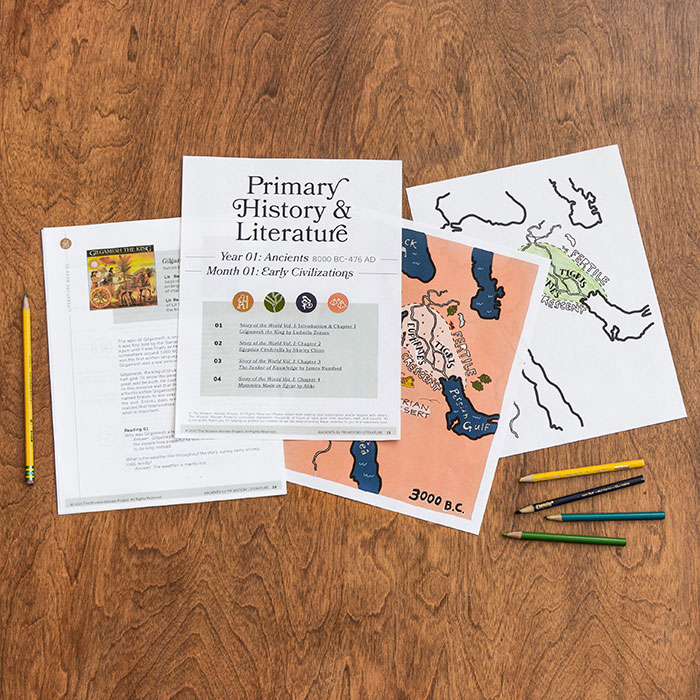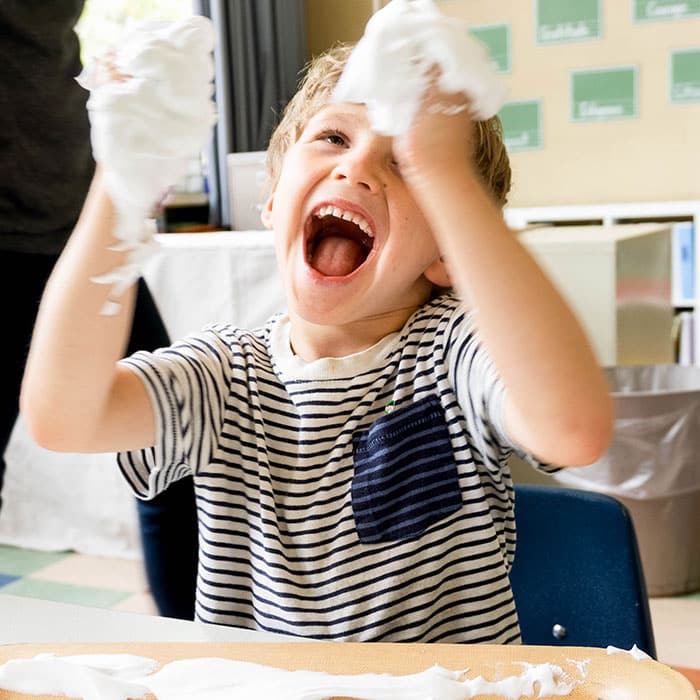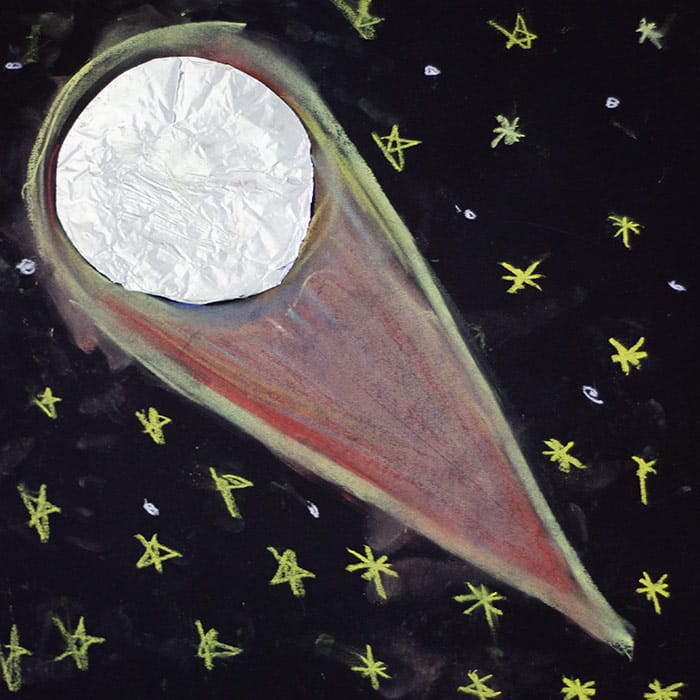When we first put our minds together and designed our literature-based curriculum, one of our priorities was to make sure that it is flexible and adaptable to a variety of educational approaches. We want families all around the globe using our curriculum and gleaning from the rich treasure trove of insight and activities we present in each unit, but adding in their own twist or perspective to enrich the educational experience even further. We’re so excited that we had a team of moms that got together and did just that, and they are eager to share their experiences with our community. This blog is presented as an interview by our blog series coordinator Jacki Campbell, learning more about how families with different core values and approaches apply Wisdom Wonder Project in their homeschool. We hope you learn a little from each of them and are inspired in turn to make our curriculum your own in your home.
While many believe Montessori is limited to the early years of development, according to the American Montessori Society, it is a life-long philosophy. The Montessori environment can be curated at home and in the classroom through prepared environments, sensory-based experiences, guiding through a work cycle as needed, and “freedom within limits”.
Wisdom Winder Project is modern Classical Education, but that does not mean methods and philosophies are exclusive of one another. The three phases or stages of Classical Education called the Trivium are Grammar, Logic, and Rhetoric. The first stage of Grammar is feeding the innate desire for memorization and hunger for information, or it can be considered the gathering of knowledge. Next, the Logic stage is about understanding the whys and hows of the world. And lastly, the Rhetoric stage is about applying and integrating knowledge to express wisdom. Where Classical Education identifies the Trivium, Montessori distinguishes four “planes of development”:
- Absorbent Mind, ages 0-6
- Reasoning and Abstraction, ages 6-12
- Social Self, Moral Values, and Emotional Independence, ages 12-18
- Understanding of Self, ages 18-24
Both Classical Education and Montessori center on meeting the individual where they are developmentally.
I have been following a pair of practicing Montessori families, Raye and India, on their joint Instagram page (@Montessori_MelaninMamas) for several months now. I am consistently drawn to the gentle and respectful environment they have curated for their families through a Montessori method. Their children are the same age as my son, so witnessing what their age group is capable of in different environments is inspiring. I had the opportunity to ask them some questions about their Montessori experiences, motivations, and adaptations.
Tell us a little bit about you, your families, and your values.
Raye: I am a mother to a newly three-year-old that we call King. Although I discovered Montessori when he was still in my belly, I did not begin to implement it at home until he was closer to 12 months old.
India: I am a mom of two boys, aged 3 and 2. I was introduced to Montessori through Raye when my oldest was around 2 years old and slowly started learning more and implementing Montessori at home. It aligned with my values of gentle parenting, and it has been such a life changer and eye-opener.
Why do you choose Montessori for your families?
Raye: What drew me to Montessori is the aspect of respecting and following the child. Before becoming a mom, I was a public health nurse. It was there that I learned about the effects of adverse childhood events and trauma on children and the link to chronic illnesses. I realized that (in my community) we needed to reevaluate discipline and how we viewed children because it (along with other factors such as systemic racism; access to food, health care, and resources; etc.) was affecting our health. I vowed to myself that I would parent differently; “gentle parenting” called to me. Montessori just fell right in line with that philosophy.
India: The Montessori Philosophy definitely fell in line with my daily values when it came to respecting the child and allowing them to do the things they are more than capable of if we just give them a chance. I am not completely Montessori or anything else because I do like some of the aspects of the other approaches and incorporate some of them into our home. Montessori just speaks to me the most.
Why is Montessori so important to you? What should we know? Any recommended resources?
Both: Montessori is important to us because it gives our children a chance to be FREE and experience learning and childhood in a different way.
Raye: As a child, I remember being terrified of getting into trouble for making a mistake or “not knowing.” Watching my toddler move about in the kitchen, learning that spills are a part of life… is healing for me. Watching him learn concepts in a hands-on way that respects where he is developmentally makes me feel good.
Both: We have both learned A LOT from Instagram pages, blogs, and the book The Montessori Toddler.
What are some simple ways parents can be more Montessori aligned in their homeschooling?
Both: The first way would be to step back and observe the child. In some settings, the child is made to follow a curriculum, but in Montessori, the curriculum should be aligned with following the child. The second way could be to simply incorporate the child into the day if they aren’t already. Examples of this are allowing the child to participate in choosing their outfit, getting dressed, grooming, preparing meals, and cleaning. Practical life is a big part of Montessori, and teaching care of the home and environment can never start too early!
Can you give an example of how you adapt Wisdom Wonder Project curriculum to fit your Montessori values?
Both: The Wisdom Wonder Project provides so many resources and activities that can align with Montessori. We like that a lot of the curriculum is literature-focused, and most of the books are not super fantasy but real life. Within Montessori philosophy, we focus on the importance of incorporating real life books into our homes, so it is great that within this curriculum we can take these books and do activities surrounding them.
What do you like about Wisdom Wonder Project and the activities?
Raye: Because of my background, I immediately consider accessibility when looking at programs. I am very “community-minded,” meaning I don’t just want to be able to do something in my home; but, I’d rather it be something that I can share with my community so that the next generation is better off than we were. I strongly believe that playing an active role in our children’s education is important and the Wisdom Wonder Project makes that accessible by being affordable and easy to follow. The design is simple and structured.
Any final thoughts? And how can people follow along on your homeschooling journey?
Both: Thank you so much for the opportunity. People can follow along with our journey at @montessori_melaninmamas and our (new) blog at montessorimelaninmamas.com. We definitely suggest following us because we have some exciting things in the works!
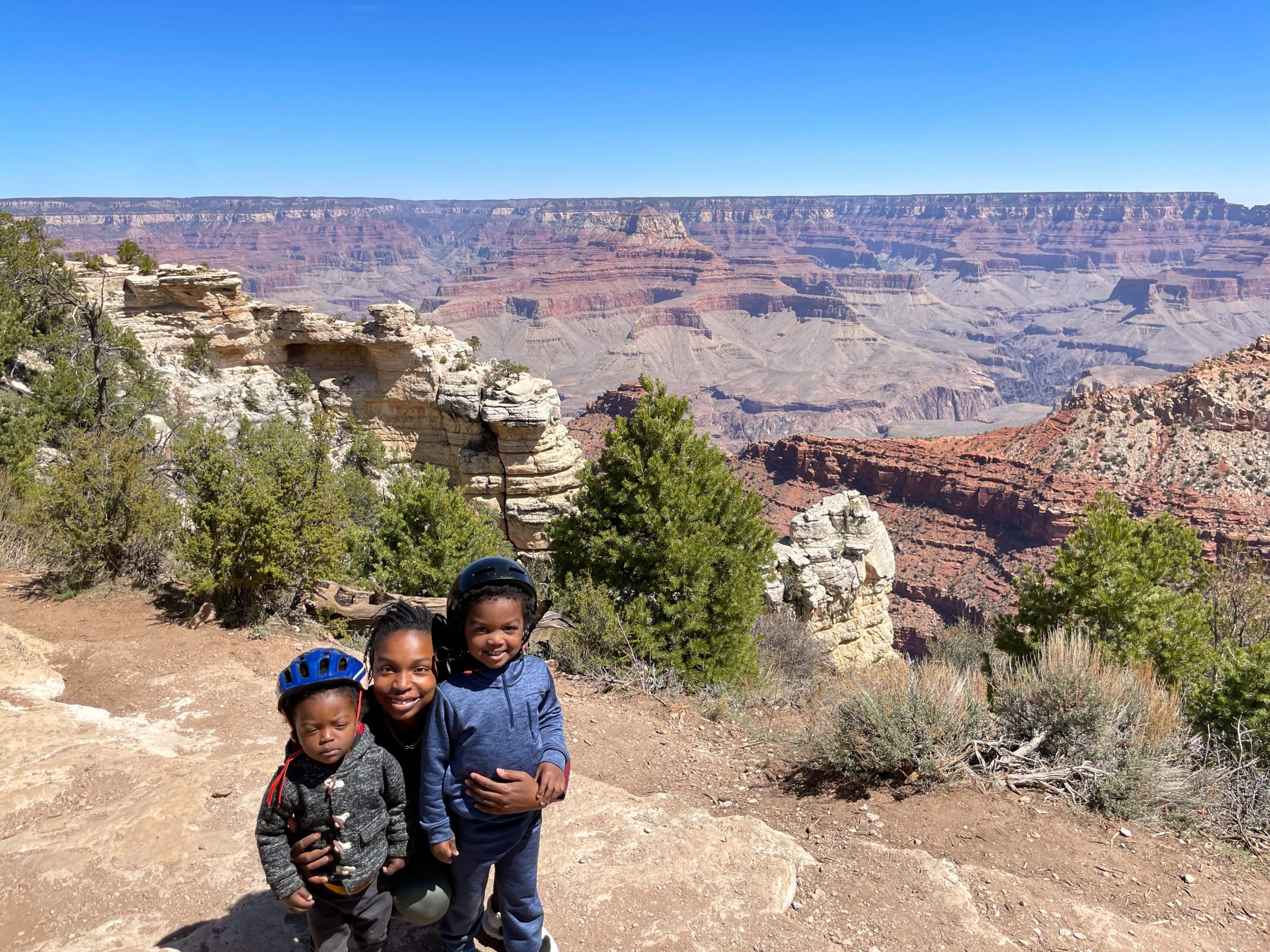
Next Time…
We will see how future teacher, Lulu, uses all she is learning in her schooling with her two younger brothers. Lulu will show us how Wisdom Wonder Project curriculum fits in with her budget-friendly methods of working with her family.
